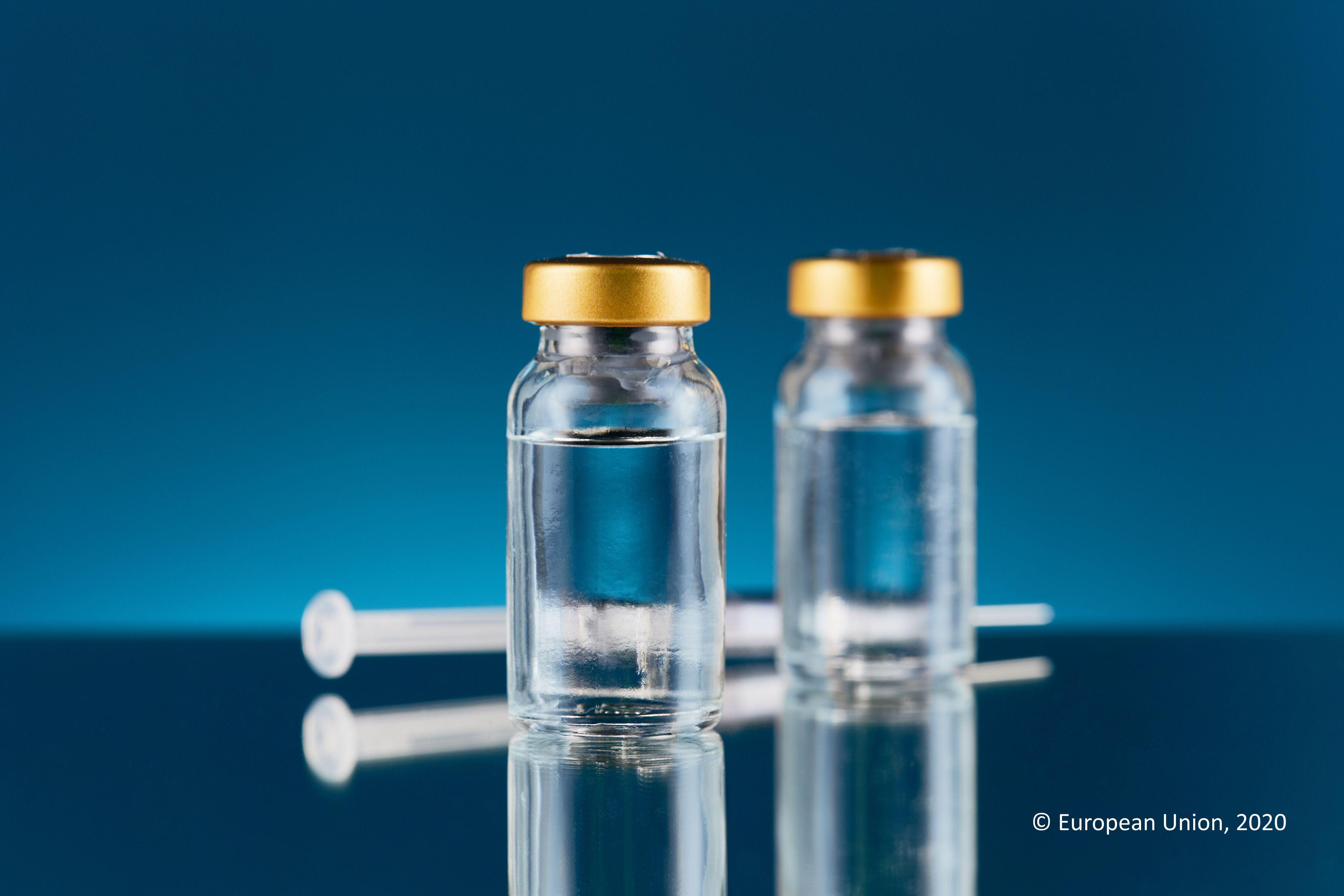Peter Liese was assured by BioNTech
"More careful testing of the BioNTech vaccine will not result in fewer people being vaccinated in the other European countries compared to the UK by spring. The vaccine that is supposed to be supplied to the EU will not be delivered to the UK. The UK will receive vaccine for 400,000 people (800,000 vaccine doses) in a first batch and as soon as the vaccine receives conditional approval from the European Medicines Agency, delivery will begin for the other EU countries", says the MEP and health spokesperson of the largest political group in the European Parliament (EPP, Christian Democrats) Dr med Peter Liese after talks with the company BioNTech.
Sean Marett, the CCO and CBO of BioNTech, had assured Liese that the vaccine intended for the countries of the European Union had already been partially produced and stored. “When EMA gives approval, vaccination can start immediately. The emergency approval in the UK does not affect number doses delivered over the next months for other regions like the European Union. We expect millions of citizens in the EU will be vaccinated in the first quarter of 2021 if we receive regulatory approval this year”, Marett told Peter Liese in a written statement.
Liese added: "By March/April, no more people will be vaccinated in the UK compared to other EU countries. Everyone that has a contract will get their fair share. Unfortunately, we cannot assume that we will be able to vaccinate everyone who wishes so by that date. This is not mainly due to logistical problems in the health system in EU countries, but merely because some of the production capacities are only being build these days”, said the medical doctor and MEP.
Consequently, however, it would be advisable to not carry out an emergency approval procedure with less stringent requirements as in the UK just did but to wait for a proper procedure conducted by the European Medicines Agency. "Conditional authorisation with the European Medicines Agency entails liability on the part of the manufacturers, and in my view this is better than if the state is liable completely, as in the UK. The depth of data in the EMA procedure is greater than in the emergency procedure. I also think it is good that the European Medicines Agency, with experts from different countries, is examining the data more closely than the UK authority has done in the emergency procedure. I have great confidence in BioNTech, but emergency approval is actually intended for people who are individually ill and who can only receive help in healing through an unapproved medicine. A vaccine is given to healthy people and by vaccinating 400,000 people in the UK, the pandemic is far from over. So I don't think Britain is taking the smart way here," Liese concluded.


